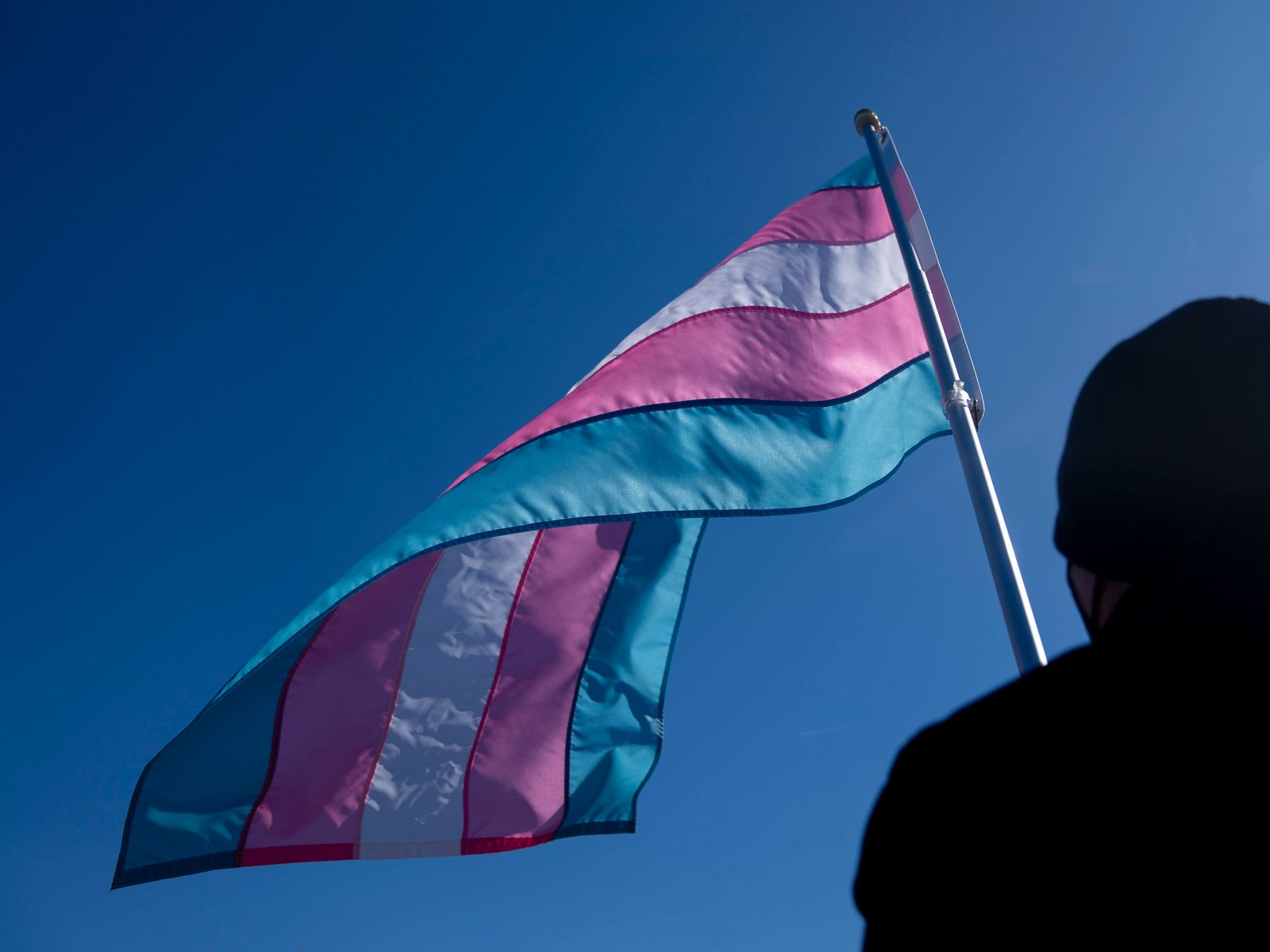A transgender woman from America has initiated a lawsuit following the rejection of her asylum request by Dutch officials. This situation is gaining public interest not only for its personal impact but also for its wider significance in conversations about human rights, gender identity, and the handling of LGBTQ+ people seeking refuge in Europe.
The woman, whose identity remains undisclosed for privacy reasons, sought refuge in the Netherlands, arguing that returning to the United States would expose her to discrimination and possible harm because of her gender identity. She contends that despite legal protections in the U.S., transgender individuals continue to face systemic barriers and targeted violence, creating an unsafe environment for those within the community.
The Dutch immigration authorities, nonetheless, denied her request, citing that the United States is recognized as a nation where LGBTQ+ rights are safeguarded by law. Officials assert that asylum is typically granted to those escaping nations where persecution is endorsed or where adequate protection by the government is lacking. This perspective is central to the ongoing disagreement, as the applicant contends that legal protections do not necessarily ensure real security or equality.
Supporters of transgender rights contend that the case highlights a major deficiency in understanding what defines safety and protection. They point out that legally acknowledging rights doesn’t necessarily remove social antagonism, bias, or violence, which continue to be major issues for transgender people globally. Various studies and human rights organizations’ reports indicate that transgender individuals face significantly elevated levels of harassment, hate crimes, and social ostracism, even in nations deemed progressive.
The anticipated legal proceedings aim to delve into the complexities, especially concerning whether requests for asylum can be based on societal conditions instead of exclusively legal evaluations. Specialists indicate that the verdict may establish a significant precedent, possibly affecting upcoming asylum cases for LGBTQ+ individuals from nations labeled as “safe.”
The case also raises questions about the broader responsibilities of European nations in offering refuge to vulnerable populations, even when those populations come from democracies with formal protections in place. Advocates emphasize that safety should be measured by lived experience rather than just constitutional guarantees.
As the legal process continues, the case underscores a lasting conflict in global asylum regulations: finding equilibrium between upholding rigorous standards for asylum qualification and adapting to changing perceptions of genuine threat and oppression. The ruling is expected to ignite additional discussion concerning the connection between human rights, gender identity, and global protection systems.
For now, the woman remains in the Netherlands awaiting the next phase of her legal battle. Her case serves as a powerful reminder that legal protections, while essential, are not always sufficient to guarantee genuine safety and equality for marginalized communities.




